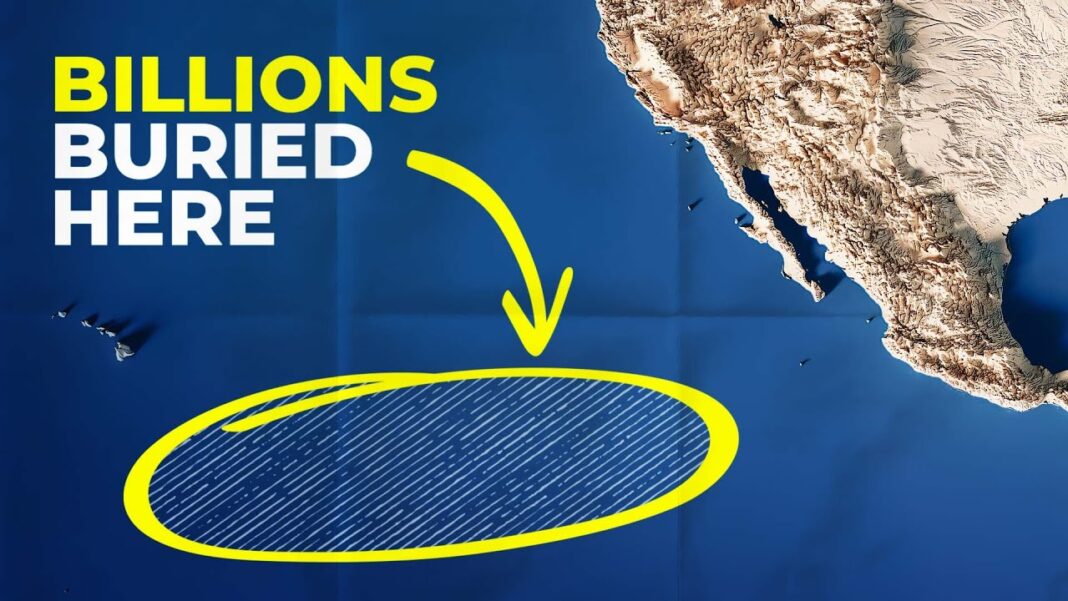
President Trump is right that PBS and NPR fail to reflect the “public” mood in any honest way.
Back in 1969, television personality Fred Rogers famously convinced a group of skeptical senators to continue funding public television to the tune of $20 million. “Well, I’m supposed to be a pretty tough guy,” ranking Sen. John Pastore from Rhode Island told Mr. Rogers near the end of the testimony, “and this is the first time I’ve had goosebumps for the last two days.” The short speech was allegedly so convincing, it’s often heralded as an illustration of how to use emotional intelligence to connect to an audience.
At the time, public television was relatively new. The 1964 Democratic Party platform was the first to promise “educational television” programs funded by the federal government. Then again, there were only 82 channels in the entire country. A major metropolis had, if they were lucky, five stations that only ran programming a few hours a day. I can remember such a world myself. So perhaps then it made sense to offer Americans the neglected educational programming rather than just Bonanza or Bewitched. Though, to be honest, public television doesn’t seem to have made us much smarter.
In any event, just as large swathes of society were handed to the state, Lyndon Johnson signed the Public Broadcasting Act of 1967 Corporation for Public Broadcasting, which argued that it was in the common good “to encourage the growth and development of public radio and television broadcasting, including the use of such media for instructional, educational, and cultural purposes.” (I’m certainly not a public media aficionado, but it’s difficult to think of a single program offered by PBS or NPR that is indispensable to the public.) By that time, the Federal Communications Commission had already allocated over 200 stations for “noncommercial educational television.” National Public Radio was created in 1969. Since then, Public Broadcasting Service and National Public Radio have championed the American Left’s political and societal ideals.







